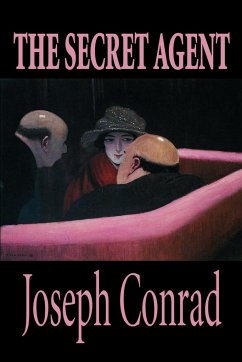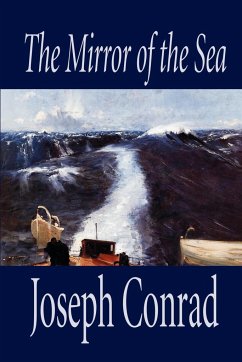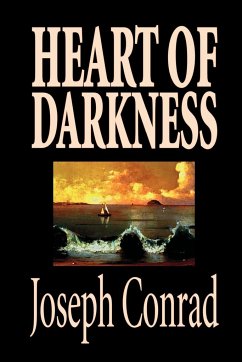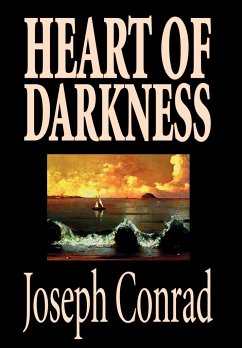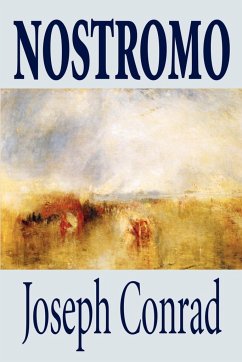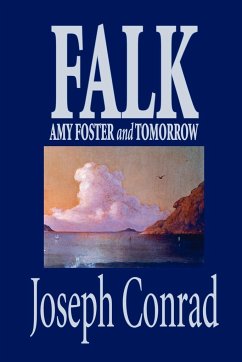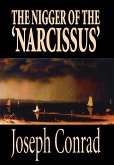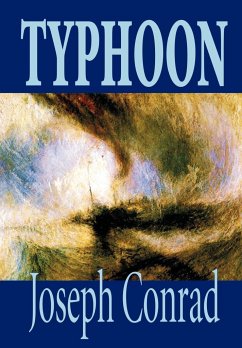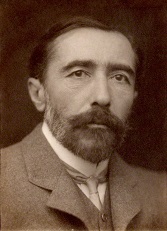Speaking of this novel, Conrad wrote, "The origin of The Secret Agent: subject, treatment, artistic purpose and every other motive that may induce an author to take up his pen, can, I believe, be traced to a period of mental and emotional reaction. The actual facts are that I began this book impulsively and wrote it continuously. When in due course it was bound and delivered to the public gaze I found myself reproved for having produced it at all. Some of the admonitions were severe, others had a sorrowful note. I have not got them textually before me but I remember perfectly the general argument, which was very simple; and also my surprise at its nature. All this sounds a very old story now! And yet it is not such a long time ago. . . ." One of the top books cited following the Sept.11, 2001 attacks.
Hinweis: Dieser Artikel kann nur an eine deutsche Lieferadresse ausgeliefert werden.
Hinweis: Dieser Artikel kann nur an eine deutsche Lieferadresse ausgeliefert werden.

